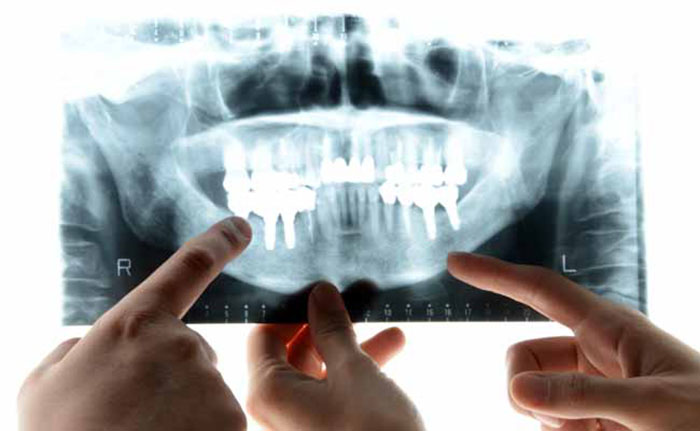Humans may one day regrow their own teeth

"We`ve uncovered developmental plasticity between teeth and taste buds. We are trying to understand the pathways that mediate the fate of cells toward either dental or sensory development," professor Todd Streelman of Georgia Institute of Technology was quoted as saying.
"The potential applications to humans makes this interesting to everybody who has dealt with dental issues at one time or another in their lives," he added.
The cichlid fish can maintain their teeth throughout their adult lives.
Scientists found that the teeth and taste buds grow from the same surface tissues in embryonic fish.
Unlike humans fish have no tongues so their taste buds are mixed in with their teeth.
The cichlids have adapted their teeth and taste buds to thrive in their unique living conditions. While one species eats plankton and needs only a few teeth because it swallows it whole, another lives on algae which has to be scraped from rocky lake formations -- needing many more teeth and more taste buds to distinguish food.
By studying the genetic differences in the fish -- and mice -- the scientists believe it is possible the same tissue in humans could also be able to regenerate new teeth.
They boosted the growth of taste buds at the expense of teeth by bathing embryonic fish in chemicals that influence the developmental pathways.
"There appear to be developmental switches that will shift the fate of the common epithelial cells to either dental or sensory structures," Streelman said.
"Ultimately this suggests the epithelium in a human`s mouth might be more plastic than we had previously thought."















































